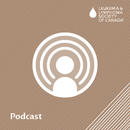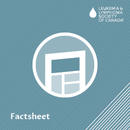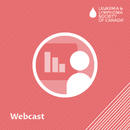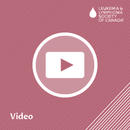Resource Library
Showing 1 to 10 of 304 results
Maura C. had recently returned to work after maternity leave when her daughter, then 15 months old, was diagnosed with acute myeloid leukemia (AML) and immediately admitted to the oncology ward. “This is a nightmare I’m not waking up from,” Maura thought over the 5 months her toddler was in the hospital. She says she and her husband moved from their initial…
Mental health and wellness
Caring for your child diagnosed with a blood cancer can feel like your whole world is collapsing – but of course, collapsing is not an option for you. Spending time, as early as possible, on getting help with any mental health concerns is time well spent to strength your support of your child.
Mental health and wellness
Activity book for children and families facing a blood cancer diagnosis.
Leukemia
Receiving a blood cancer diagnosis can be challenging and overwhelming. Along with physical symptoms, individuals with a blood cancer diagnosis may experience serious mental health challenges such as depression, anxiety, or even post-traumatic stress disorder (PTSD).
Mental health and wellness
You or your loved one has been diagnosed with a type of blood cancer. You will be making important decisions with your healthcare team.
Treatment and side effects
Your patient has been diagnosed with a type of blood cancer. You will be supporting them and their family in making important decisions
Treatment and side effects
If you are affected by a blood cancer, you want your voice to be heard and your health care needs to be met. Ryan Clarke, Senior Vice-President, Advocacy & PR at CRG-Eversana Canada Inc, speaks about the importance of self-advocacy and will share tips on how to be an effective advocate when working with your medical team.
Mental health and wellness
This factsheet is for people receiving cancer treatment. It promotes an active, safe, and adapted lifestyle during treatment. It is also meant to support people’s autonomy, especially if they do not have access to an exercise professional specialized in cancer.
Mental health and wellness
To understand blood cancers, you need to know where the three types of cells in the blood come from and where they go: red blood cells, white blood cells and platelets.
Diagnosis and tests




